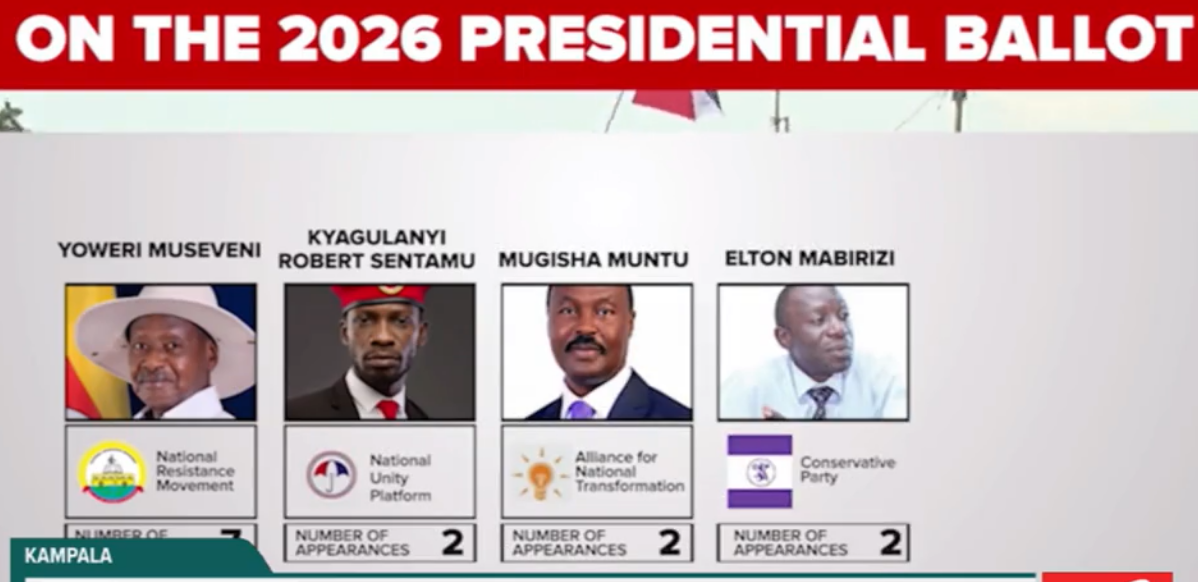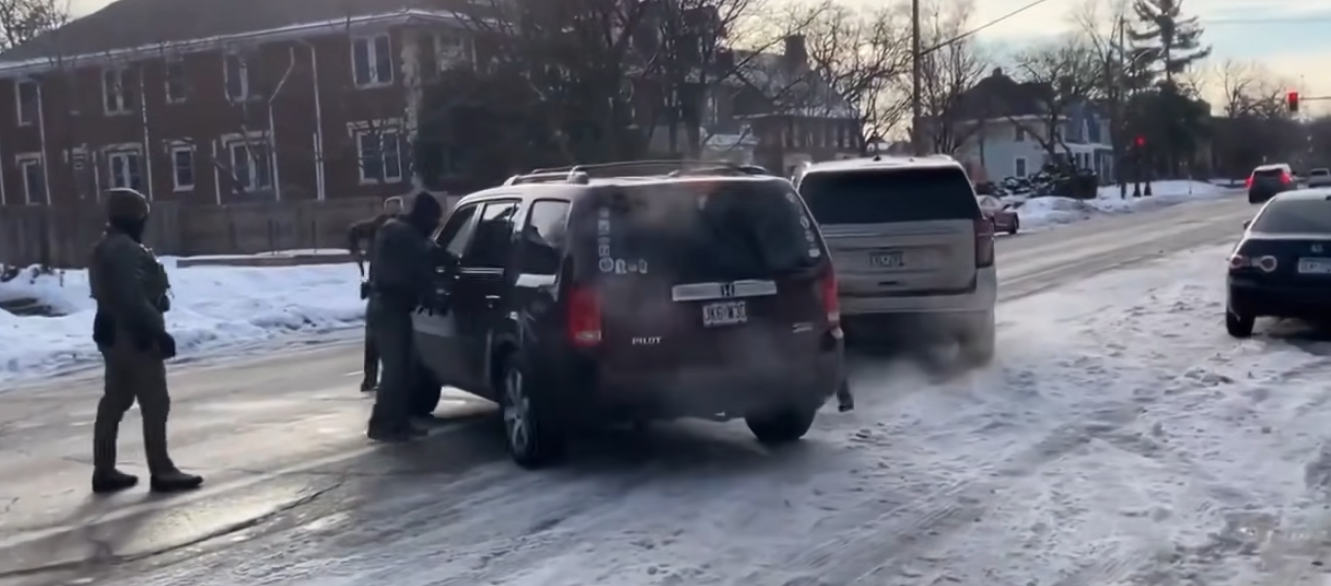UN Security Council
The UN Security Council will meet on Monday, November 9th, about the situation in Burundi
. This at the request of France. The meeting will include representatives of the High Commissioner for Human Rights and the African Union. President Obama, the State Department, US/UN Ambassador Samantha Power, International Criminal Court Chief Prosecutor Fatou Bensouda, the International Crisis Group, and other Western individuals and institutions have characterized the Burundian situation as a crisis of human rights, but critics say the real crisis is Western nations using human rights as a lever in pursuit of resource interests and global hegemony.
Pablo de Grieff, a native of Bogota, Colombia, is the UN Special Rapporteur on the promotion of truth, justice, reparation and guarantees of “non-recurrence.” Non-recurrence seems to mean that it’s his job to advocate against grossly violating human rights already violated. On Friday he told the English language version of
Radio France International that recalcitrant members of the UN Security Council are preventing the Council from intervening in Burundi. The Radio France International host asked the De Grieff to identify the nations whom he said were standing in the way of crisis intervention, but De Grieff droned on without doing so:
RFI Host: You mention some countries playing games. Which countries do you refer to?
Pablo De Grieff: There is a sense in which the inability to act in the face of an impending crisis of this nature. This is not merely an abstraction. There are already more than 200,000 refugees outside Burundi. The inability to take seriously a discussion about the consequences of lack of action, I think, speak for themselves. And where exactly the problems are, remains to be seen, but I think that the .discussion should be taking place in an entirely different light. This is not necessarily a question about putting into doubt the importance of local solutions, regional solutions, even less the importance of questions about national sovereignty. This is an issue about crisis prevention.
The U.S. has not been able to dominate the UN Security Council as it did for more than 20 years since Russia and China began to exercise veto power over so-called humanitarian military interventions in sovereign nations including Syria and Burundi. This has been such a source of aggravation to the US and its allies that they have turned to regional organizations, including, in this case, the African Union, to manufacture consent to such interventions. Some have even called for the creation of international deliberative body that would act as an alternative to the UN Security Council, authorizing and organizing interventions without being hampered by Russian or Chinese vetos.
With regard to Burundi, the US and EU have succeeded in enlisting the African Union Peace and Security Council, but not the East African Community or the South African Development Community. In May, the US and the EU both demanded that President Nkurunziza step down, but the heads of state from South Africa and the East African Community refused to do so at an in-person meeting a in Dar Es Salaam.







